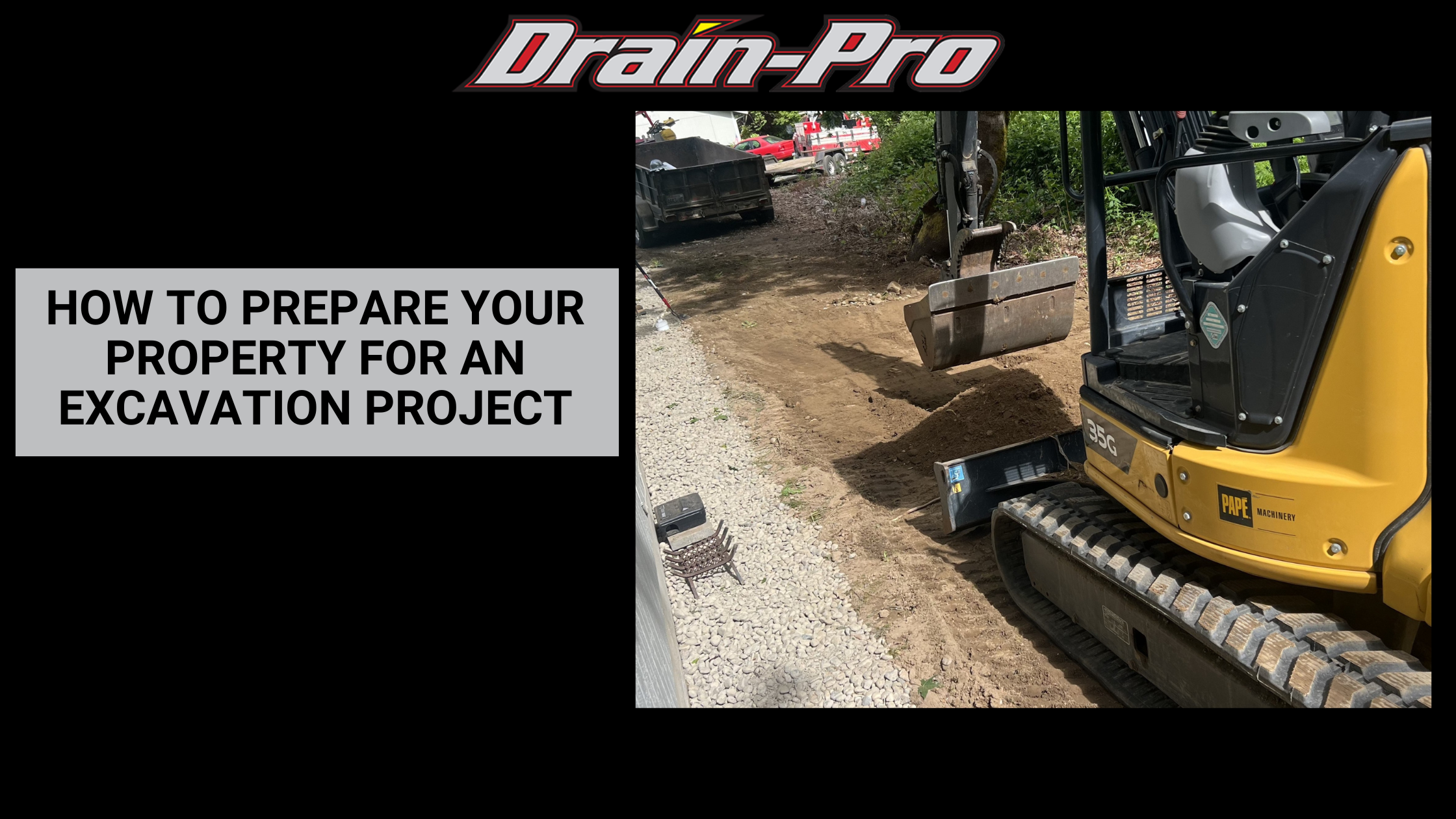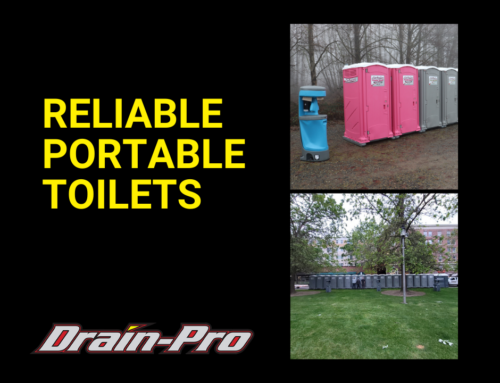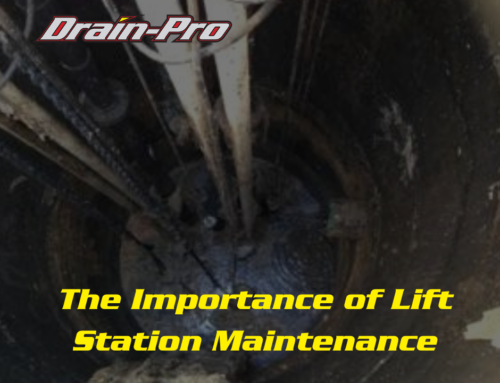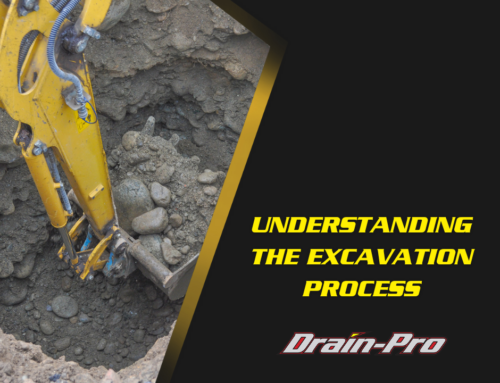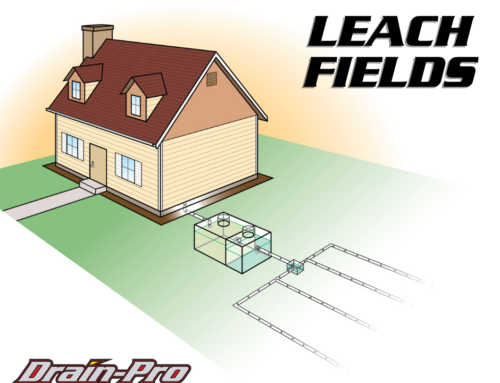Preparing your property for an excavation project is crucial to ensure the process runs smoothly and efficiently. Whether you’re a homeowner planning a new water line installation or a business owner gearing up for a major drainage overhaul, proper preparation can save you time, money, and stress. Here’s a comprehensive checklist to help you get ready for your upcoming excavation project.
1. Understand the Scope of the Project
Before any work begins, it’s essential to have a clear understanding of the project’s scope. Discuss the following details with your contractor:
- The exact area to be excavated
- The depth and size of the excavation
- The type of work to be performed (e.g., sewer installation, water line repair, drainage)
- The expected duration of the project
2. Obtain Necessary Permits
Depending on your location and the nature of the excavation, you may need to obtain permits from local authorities. Your contractor can often assist with this process, but it’s important to ensure all permits are secured before work begins.
3. Mark Underground Utilities
One of the most critical steps in preparing for excavation is identifying and marking underground utilities. Contact your local utility companies to:
- Mark the locations of gas lines, water pipes, electrical cables, and communication lines
- Ensure these areas are avoided during excavation to prevent damage and potential hazards
4. Identify Septic System and Drain Field
Ensure you know where your septic system and drain field are located. Mark these areas clearly to avoid accidental damage during the excavation process.
5. Clear the Work Area
To facilitate a smooth excavation process, make sure the work area is clear of any obstructions:
- Remove vehicles, equipment, and personal belongings
- Trim or remove overgrown vegetation
- Ensure pets and children are kept away from the work site
6. Inform Neighbors and Stakeholders
If your excavation project might affect neighbors or other stakeholders, it’s courteous and often necessary to inform them in advance. Provide details about:
- The scope and timeline of the project
- Any potential disruptions (e.g., noise, dust, temporary access restrictions)
- Contact information for project updates or concerns
7. Create a Safe Access Path
Ensure there is a clear and safe access path for heavy machinery and workers. This may involve:
- Removing fences or gates
- Clearing debris and obstacles
- Ensuring the ground is stable enough to support heavy equipment
8. Protect Surrounding Structures and Landscaping
Take measures to protect existing structures and landscaping that are not part of the excavation project:
- Install barriers or fencing around delicate plants and trees
- Use protective coverings for nearby structures
- Discuss with your contractor any additional precautions to minimize damage
9. Arrange for Temporary Utilities and Services
If the excavation will affect your utilities, plan for temporary alternatives:
- Set up portable toilets for workers if water services will be disrupted
- Arrange for temporary power sources if electricity will be affected
- Ensure you have alternative water sources if necessary
10. Prepare for Waste and Debris Removal
Excavation projects often generate significant amounts of waste and debris. Coordinate with your contractor to:
- Arrange for dumpsters or other waste removal solutions
- Designate areas for temporary debris storage
- Plan for regular waste removal throughout the project
11. Review the Project Plan and Timeline
Finally, review the detailed project plan and timeline with your contractor to ensure everyone is on the same page:
- Confirm start and end dates
- Understand the sequence of tasks
- Discuss any contingencies for potential delays or issues
Proper preparation is key to a successful excavation project. By following this checklist, homeowners and businesses can help ensure that the work proceeds smoothly, safely, and efficiently. If you have any questions or need assistance with your upcoming excavation project, the team at Drain-Pro, Inc. is here to help. Contact us today to learn more about our services and how we can support your needs.


